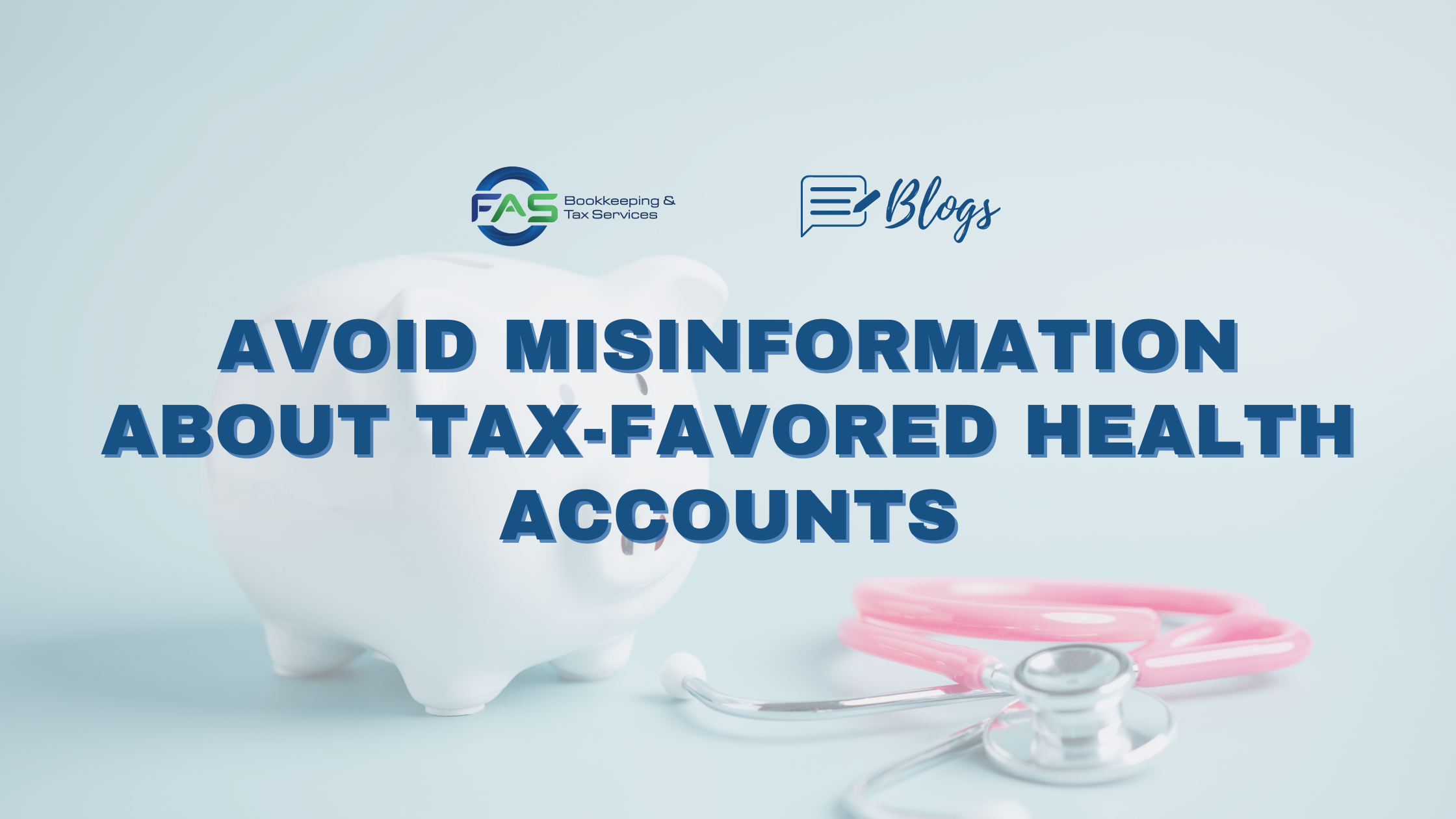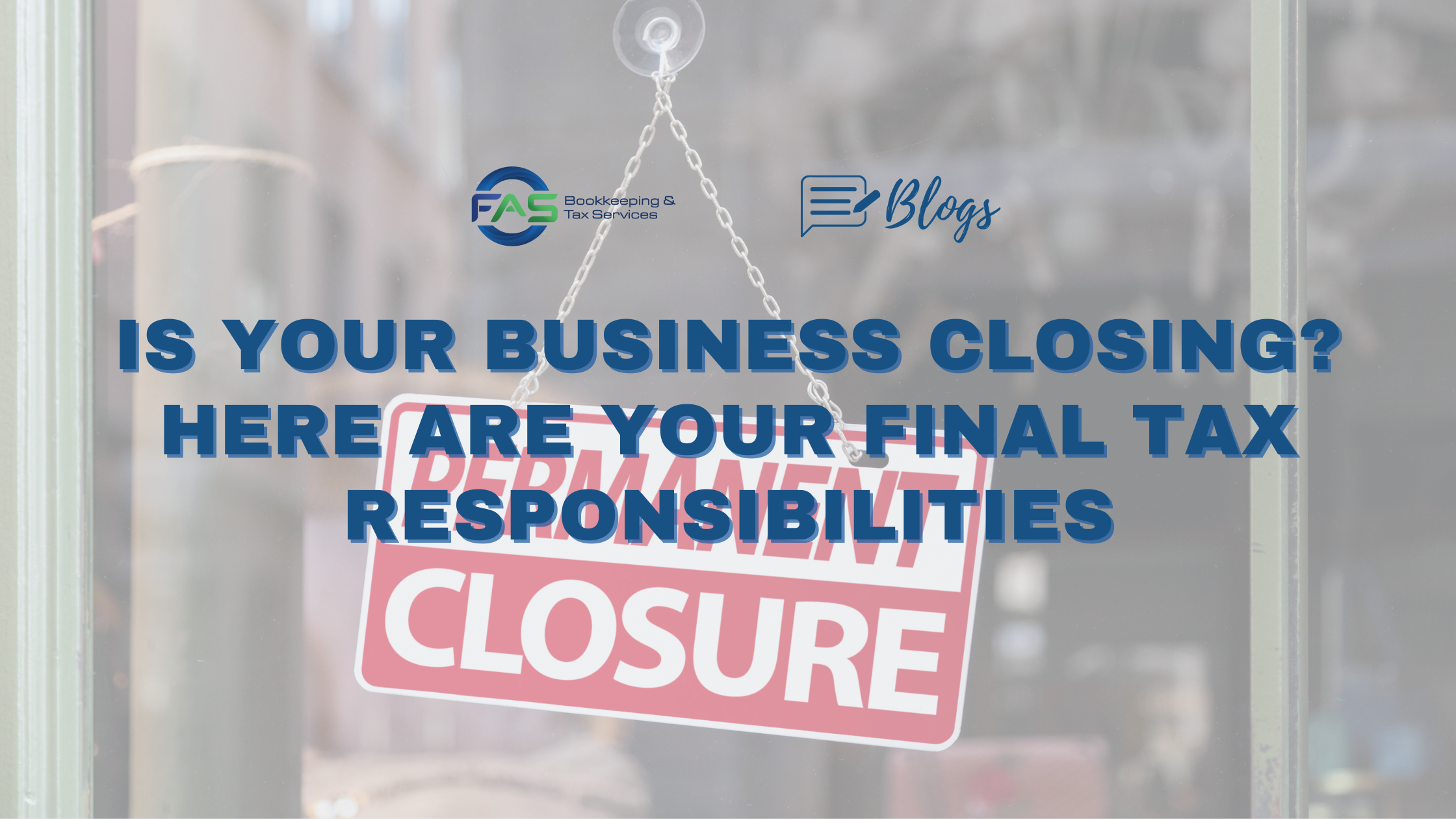The IRS warns taxpayers not to be fooled by the tricks that scammers use to take advantage because IRS won’t initiate contact with you via telephone. Nor do they reach out via emails, text messages or other social media channels to request your personal or financial information.
How Do IRS Contact Taxpayers?
When the IRS needs to contact a taxpayer, the initial contact is normally through a letter delivered by the U.S. Postal Service.
What to do if:
- You receive a phone call

If you receive a phone call from an IRS agent, ask them to provide their full name, badge number, and phone number. Then, hang up and call the IRS’ toll-free number at 1-800-829-1040. Describe the interaction and give them the date, time, time zone and geographic location where you were when you received the suspicious call. After the verification, if the IRS tells you it was a real IRS employee or agent who contacted you, return their phone call. But, if the IRS tells you it was not one of their employees or agents, you report the incident.
- You receive an email

Follow the procedure below:
- Don’t reply.
- Don’t open any attachments.
- Don’t click on any links.
- Forward – preferably with the full email headers – the email as-is to us at phishing@irs.gov.
- Delete the original email.
- You receive a text

If you receive an unsolicited text from the IRS, follow these steps:
- Don’t reply.
- Don’t open any attachments.
- Don’t click on any links.
- Forward the text to the IRS at 202-552-1226.
- In a separate text, send the fraudulent number to the IRS at 202-552-1226.
- Delete the original text.
- You received a suspicious notice letter/fax

When you receive a letter or notice that looks authentic, it doesn’t mean its legitimate correspondence from the IRS. Before you respond to any instructions in that letter, call the IRS’ toll-free number at 1-800-829-1040 and verify whether the IRS sent it.
For more information about IRS notices, contact us today at admin@fas-accountingsolutions.com or at (832) – 437 – 0385.





